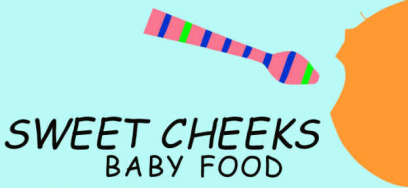“Do you have the opportunity to do what you do best every day?” asks Tom Rath, author of the book Strengths Finder 2.0. ”Chances are, you don’t,” he continues. “All too often, our natural talents go untapped. From the cradle to the cubicle, we devote more time to fixing our shortcomings than to developing our strengths.”
As a result, Rath writes, 77 percent of parents “think that a student’s lowest grade deserves the most time and attention.” And “teachers reward excellence with apathy instead of investing more time in the areas where a child has the most potential for greatness.”






